ORCASTRAIT Roybal Center
Using technology to improve the health and well-being of caregivers
ORCASTRAIT (Oregon Roybal Center for Care Support Translational Research Advantaged by Integrating Technology) is an initiative that is examining new ways to improve the health and welfare of caregivers who work with individuals with Alzheimer's disease and related dementias. Funded by a five year grant from the National Institute on Aging - a division of the National Institutes of Health - this new Roybal Center is designing and testing interventions to help caregivers improve the support they provide while also helping them maintain their own health and well-being.
ORCASTRAIT sponsors two pilot studies each year that are focused on helping caregivers. These pilot studies use leading-edge technologies such as the ORCATECH technology platform, an array of in-home technologies measuring aspects of daily life, such as walking speed or time spent outside the home. ORCASTRAIT is able to guide, educate and train researchers so that innovative research related to caregiving can progress each year.
Pilot studies
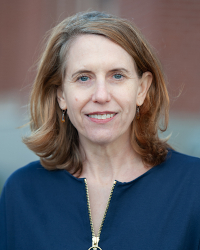
Led by: Allison Lindauer, PhD, NP
The STELLA (Support via Technology: Living and Learning with Advancing Alzheimer’s disease and related dementias) pilot study uses a telehealth program to provide guidance and support to family caregivers. Trained research staff use videoconferencing technology to teach caregivers different strategies for dealing with the behavioral and emotional challenges caused by dementia. STELLA also uses in-home sensors - from the ORCATECH technology platform - to collect data about daily activities; using that data as an objective measure allows researchers to observe if the telehealth program makes a difference in the lives of caregivers, namely in reducing stress, burden and depression.
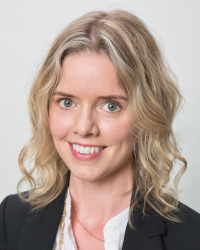
Led by: Lyndsey Miller, PhD, RN
Co Principal Investigator: Joel Steele, PhD at Portland State University
Formerly known as the SHARE-Sense study, this pilot study uses counseling-based techniques and technology to help families identify and anticipate care-planning needs. The pilot study uses in-home sensors to assess evolving care needs, helping families inform their care-planning program for early-stage dementia.
Led by: Dr. Chao-Yi Wu
The PROACTS pilot study assesses the AARP's Staying Sharp program, an online brain health program. Researchers want to find out how the program impacts the health and well-being of its users, namely non-professional and home-based caregivers who care for people with cognitive impairment, Alzheimer's disease, and related dementias.
This study has two parts:
- The first uses a one-time survey to characterize caregivers and understand their experiences with the Staying Sharp program.
- The second uses a group intervention, in which participants follow the Staying Sharp program and researchers analyze if the program improves or maintains their health and well-being. In order to assess their health and well-being, researchers install the ORCATECH technology platform in participants' homes.
Learn more about the PROACTS study
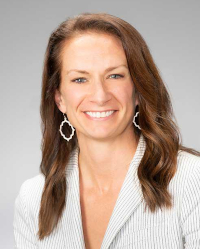
Led by: Dr. Sarah Stahl
The iCARE pilot study monitors the biological clock of older caregivers who care for family members with Alzheimer’s disease or related dementias. Using digital technology, the study monitors sleep, exercise and social activities. Researchers also provide motivational health coaching for six weeks.
Caregivers experience high rates of stress and are less likely to sleep, exercise or be socially active on a regular schedule. By measuring the stability of those behaviors, the study aims to improve the stability of the body’s biological clock, and thereby improve caregivers’ health and well-being.
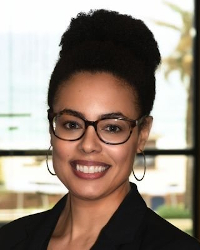
Led by: Raina Croff, PhD
The Sharing History through Active Reminiscence and Photo-imagery Caregiver (SHARP-CG) study is a multi-modal, technology supported approach to physical activity, social engagement, and conversational reminiscence for older Black family caregivers and people living with mild cognitive impairment or early-stage dementia.
The research team hopes to improve caregiver mood and assess the impact on Black caregiver health and perceived burden. The study produces an oral history archive from walking sessions to build awareness of healthy aging and in the African American community.
Training for researchers
These educational programs can help researchers design and organize interventions.
Technology, Research and Care Support (TRACS) online study modules
Through the use of real-world case studies – derived from our Roybal Center and other relevant research programs – this program contains instructive modules that highlight the innovative way technology can be used to design and implement interventions. Examples include why a specific device was chosen for an intervention, how a functionality might be validated, or how technology may be used to transmit information to research participants.
FEATURED MODULES
Remote passive assessment in caregiving research: User-centered design issues and opportunities.
Designed by: Lyndsey Miller, PhD RN, Jessica Garcia, MSN RN, and Sara Czaja PhD
View the powerpoint
Technologies for Intervention: Practicum and Study (TIPS) program
This educational program offers hands-on and in-depth training to visiting scholars, ranging from graduate students to more advanced faculty. These scholars receive guidance and training on how to fast-track their own research, using examples from our own innovative and unique studies, like the Life Lab. This program is customizable to a scholar’s needs. Scholars can either meet with us on-site or over a teleconferencing platform.
In the news
OHSU News - Caring for the caregivers
October 2019
ORCASTRAIT presentations
Assessing acceptability, cost, and efficacy of STELLA-support via technology: Living and learning with advancing AD
Presented by: Allison Lindauer, PhD and Walt Dawson, PhD
View the presentation
Building evidence for digital technology in aging and dementia research and care
Presented by: Jeff Kaye, MD
Watch the presentation
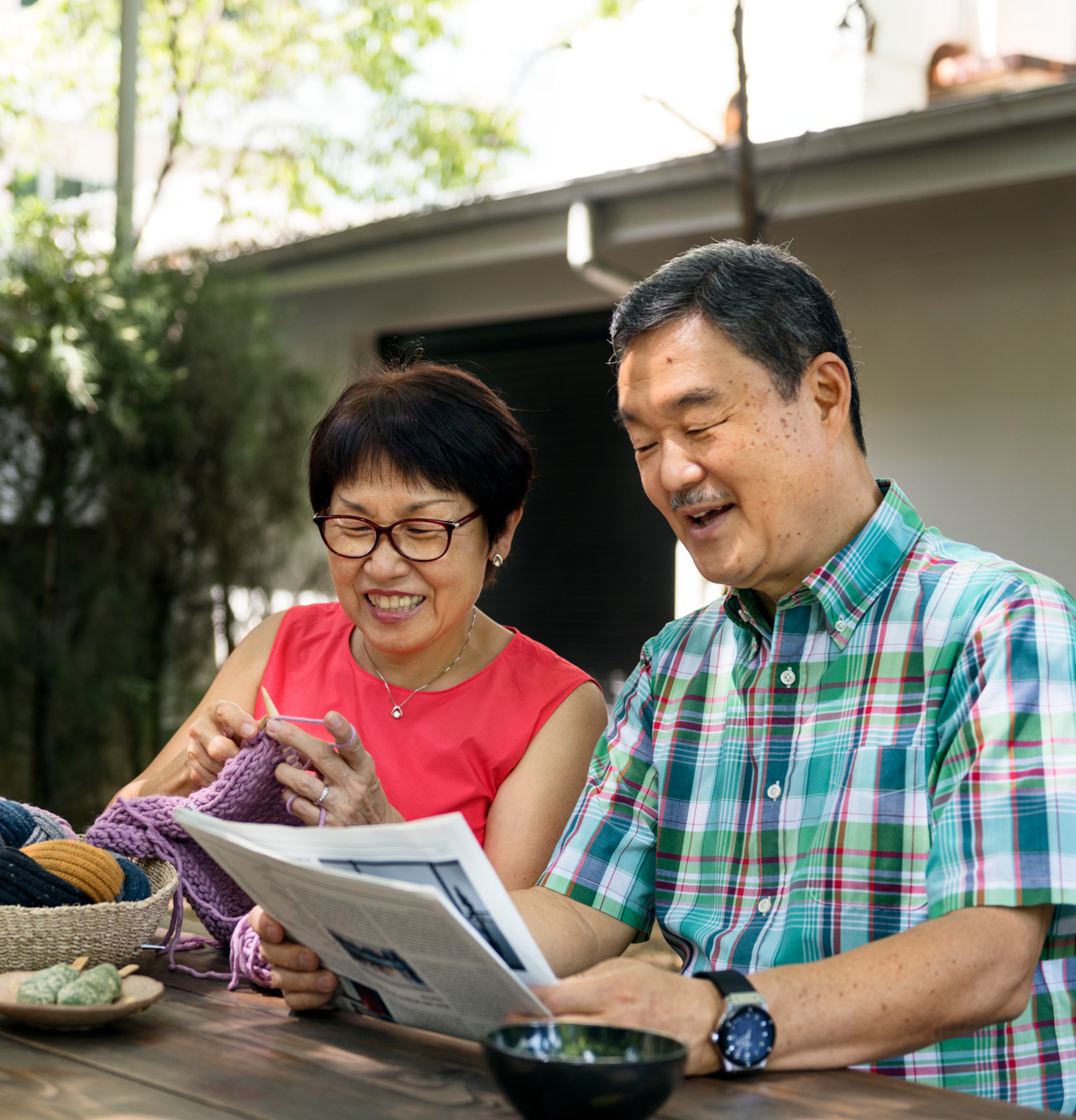
A Roybal Center
Oregon Health & Science University (OHSU) is one of 13 institutions across the country to be designated by the NIA as an Edward R. Roybal Center for Translational Research in the Behavioral and Social Sciences of Aging.
It is also one of four specifically designated as a Roybal Center for Translational Research on Dementia Care Provider Support. The OHSU grant is award No. P30AG024978.
Leadership
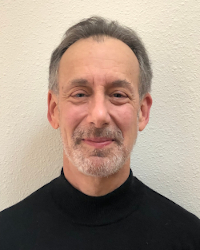
Director of ORCASTRAIT
Jeffrey Kaye, MD
ORCASTRAIT Study Coordinator
Dara Wasserman
ORCASTRAIT affiliated scientists are featured within the Pilot Studies section
Upcoming pilot studies
Are you interested in applying for a future pilot study? These pilot studies must:
- Be enhanced by technology
- Advance care provider science
- Encourage collaboration across other Alzheimer's Disease Research Centers
Learn how to submit an application
Have questions about the application process? Contact Dara Wasserman, ORCASTRAIT Coordinator, for more information.